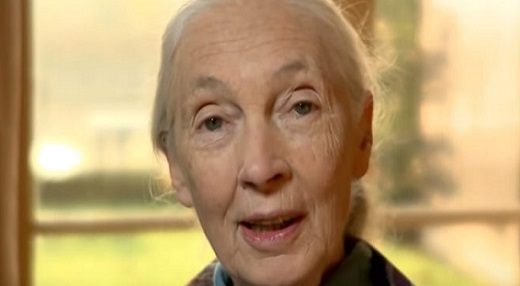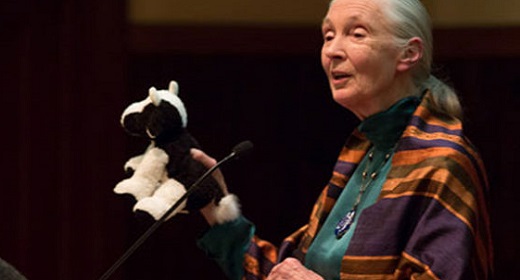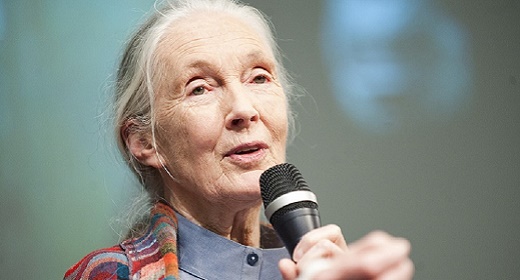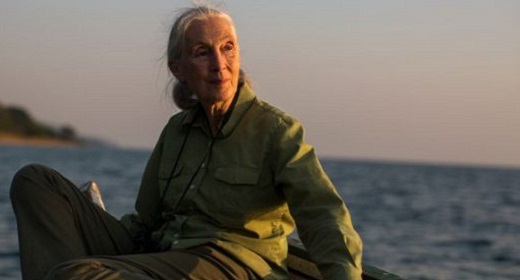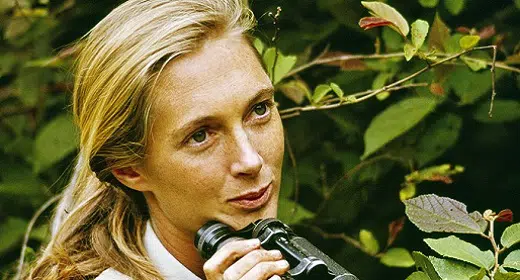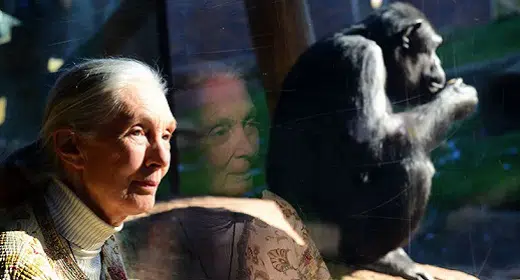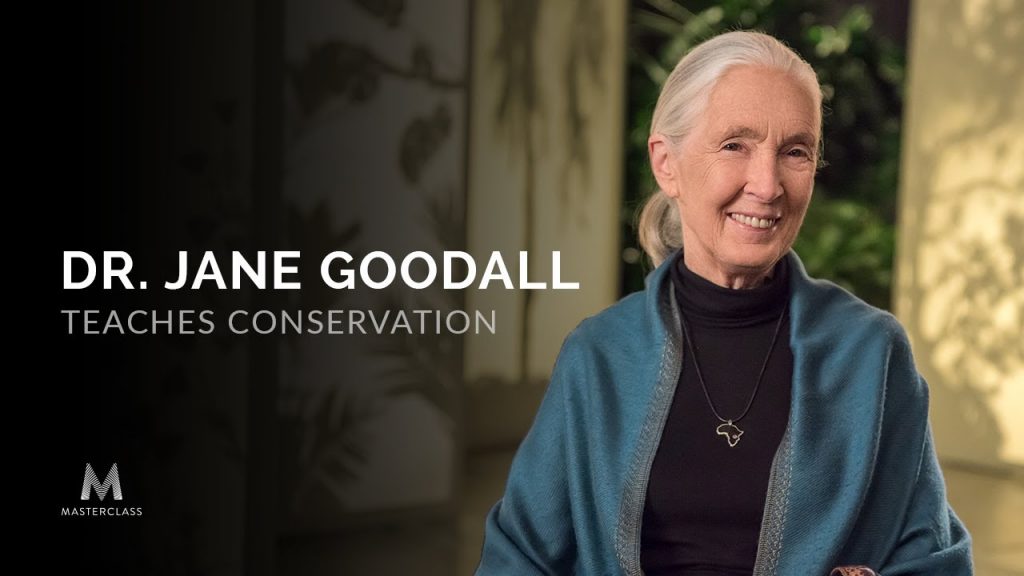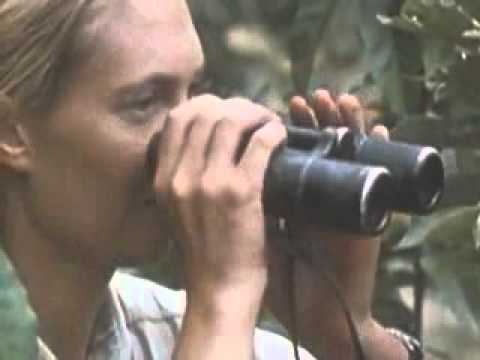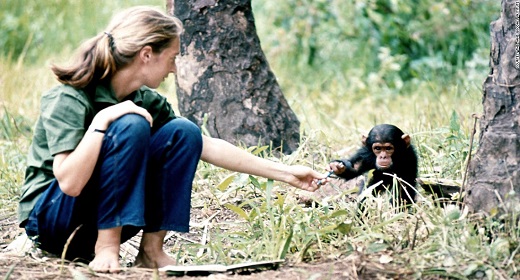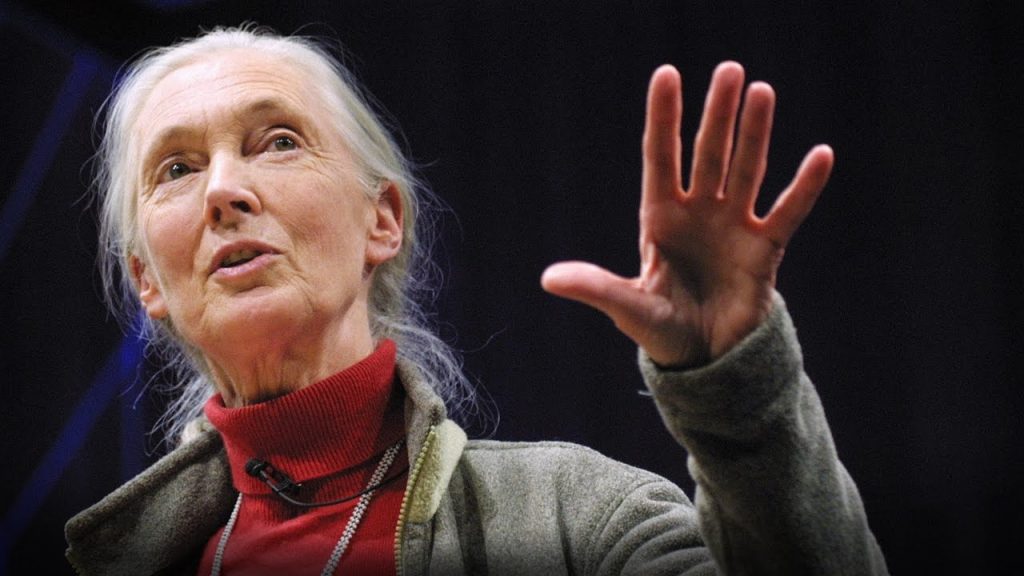Born on April 3, 1934, in London, England, Jane Goodall set out to Tanzania to study wild chimpanzees by sitting amongst them, bypassing more rigid procedures and uncovering discoveries about primate behavior that have continued to shape scientific discourse. She is a highly respected member of the world scientific community and is a staunch advocate of ecological preservation.
Impact on Africa
Goodall’s fieldwork led to the publication of numerous articles and five major books. She was known and respected first in scientific circles and, through the media, became a minor celebrity. In the Shadow of Man, her first major text, appeared in 1971. The book, essentially a field study of chimpanzees, effectively bridged the gap between scientific treatise and popular entertainment. Her vivid prose brought the chimps to life, although her tendency to attribute human behaviors and names to chimpanzees struck some critics being as manipulative. Her writings reveal an animal world of social drama, comedy, and tragedy where distinct and varied personalities interact and sometimes clash.
To preserve the wild chimpanzee’s environment, Goodall encourages African nations to develop nature-friendly tourism programs, a measure that makes wildlife into a profitable resource. She actively works with business and local governments to promote ecological responsibility. Her efforts on behalf of captive chimpanzees have taken her around the world on a number of lecture tours. She outlined her position strongly in her 1990 book Through a Window: “The more we learn of the true nature of nonhuman animals, especially those with complex brains and corresponding complex social behaviour, the more ethical concerns are raised regarding their use in the service of man–whether this be in entertainment, as ‘pets,’ for food, in research laboratories or any of the other uses to which we subject them. This concern is sharpened when the usage in question leads to intense physical or mental suffering–as is so often true with regard to vivisection.”
Many of Goodall’s endeavors are conducted under the auspices of the Jane Goodall Institute for Wildlife Research, Education, and Conservation, a nonprofit organization located in Ridgefield, Connecticut.


